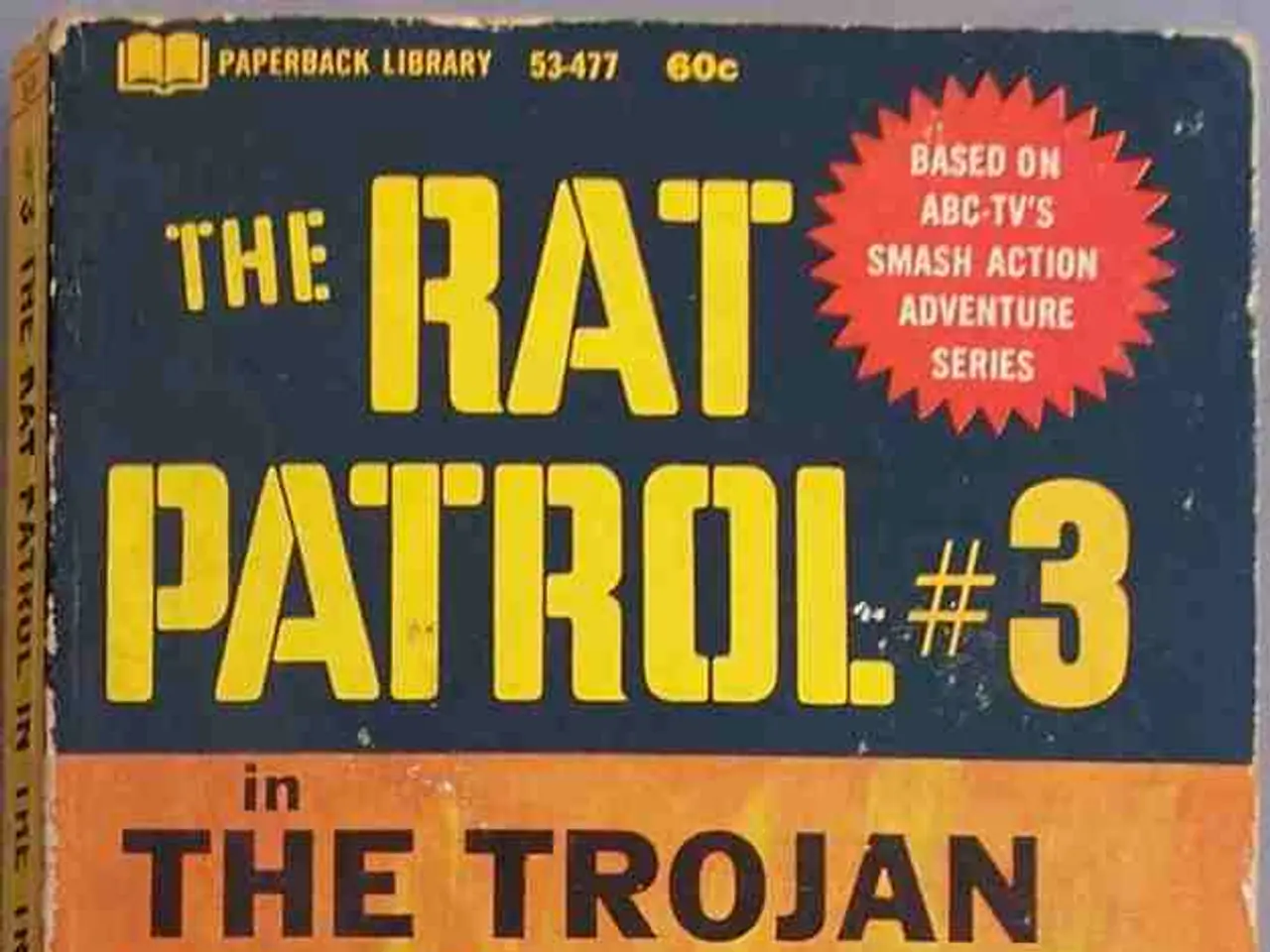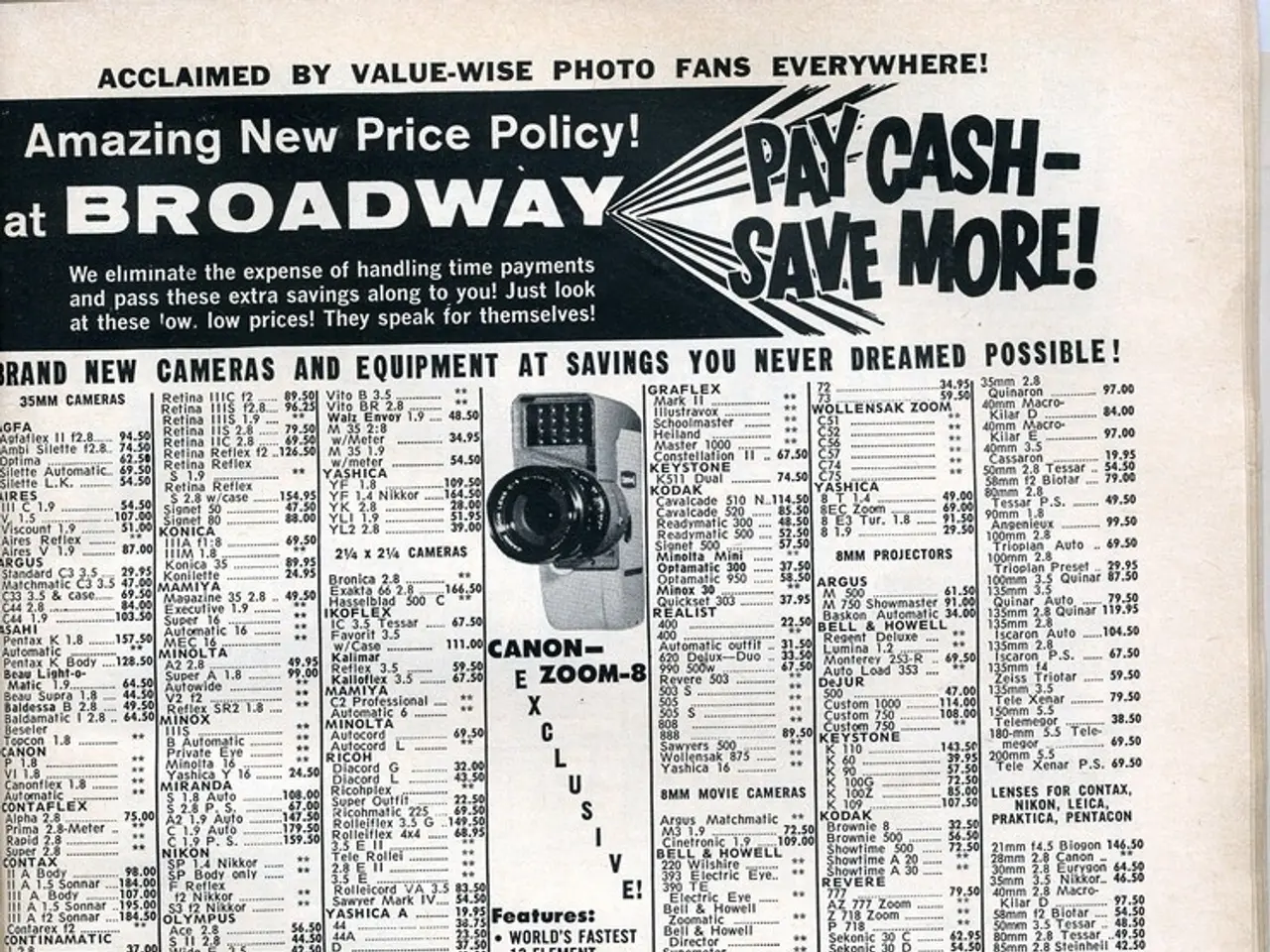Negotiate or Confront: Trump's High-Stakes Decision
Trump confronted with a challenging choice
It's a temporary reprieve, with US President Donald Trump setting a two-week deadline for negotiations instead of plunging headfirst into the escalating Israel-Iran conflict. But what lies ahead remains uncertain.
The air is thick with speculation. Trump himself has been fanning the flames, teasing potential military action and leaving everyone on tenterhooks. He's done it before with tariffs and trade, pretending to be tough and unyielding, but his tactics have a familiar feel.
The stakes are higher this time. Lives and, potentially, millions, hang in the balance. An American attack could have unpredictable consequences. Should the US destroy the underground nuclear facilities at Fordo, the aftermath could be calamitous. Contamination from radioactive material could spread throughout the region, threatening drinking water for millions. The most alarming prospect, however, is that Trump would be catapulted onto a war path. He's desperate to avoid another Afghanistan or Iraq, a massive regime change operation. His voters are losing patience with far-flung conflicts, especially when infrastructure and jobs back home cry out for attention.
The Mother of all Weapons of Mass Destruction
This dilemma is not about fictitious weapons of mass destruction, as in Iraq. The ethereal specter haunting the Middle East this time is the atomic bomb - the mother of all weapons of mass destruction. If Iran gains possession, the repercussions could ripple across the region, affecting not just Israel, but also close American allies like Saudi Arabia. It would place thousands of US soldiers stationed in the Middle East in immediate danger.
Trump's demand for Iran to abandon its nuclear ambitions is steadfast, yet his call for negotiations paints a different picture. The American president has given the Iranians a two-week window - come to the negotiating table or suffer the consequences. However, crafting an agreement in just two weeks seems like a tall order.
The Europeans are taking the reins. A meeting between German, French, British, and EU diplomats with Iranian Foreign Minister Araghtchi is imminent. Former Chancellor Angela Merkel's long-time advisor, Christoph Heusgen, advises that any successful agreement must be able to garner support from the Americans.
Iran, weakened and on its knees, may be ready to compromise, if only to relieve the pressure of an impending air assault. A return to the old nuclear deal could be an option, but the conditions have changed drastically since 2018, when Trump's withdrawal effectively doomed the agreement. A new agreement will require trust-building, and whether it's possible in such a short span remains to be seen.
The Middle East's Ticking Time Bomb
Trump's indecisiveness could prolong the tension, further endangering both Iranian and Israeli lives. Critics accuse Trump of backing down when it matters most, moment of truth tests loom large. If Trump decides against military action, critics may question his leadership. But if he does go to war, the consequences could be catastrophic.
One thing is clear - the two-week deadline presents a critical moment, with diplomacy representing our best hope for de-escalation. The clock is ticking, and the fate of the Middle East hangs in the balance. Trump faces his most significant decision yet - a decision that will define his presidency and chart the future of the Middle East's tumultuous journey.
Enrichment Data Pieces
- The outcome of the two-week negotiating deadline remains uncertain and could lead to either a diplomatic resolution or a military escalation.
- If negotiations produce meaningful progress, the US may decide against military action, potentially leading to reduced hostilities in the region.
- If negotiations fail or are deemed insufficient, the US could join Israel in military strikes against Iran's nuclear program.
- The Israelis have already taken action against Iran's nuclear facilities, delaying but perhaps not eliminating the threat.
- Factors influencing Trump's decision include the success of negotiations, effectiveness of Israeli strikes, regional and global security implications, and domestic and political pressures.
- The Iranians may be ready to make concessions due to their weakened position and Israel's air superiority.
- A prolonged uncertainty would exacerbate tensions and pose risks for both Iranian and Israeli lives.
- A diplomatic resolution could be a bitter irony, as Trump pulled the US out of the nuclear deal in 2018, leading to its failure.
- Critics suggest that Trump may back down from his threats, tarnishing his reputation.
- However, a lot is at stake, and a diplomatic solution may be the price to pay to prevent a new war with unforeseeable consequences in the Middle East.
[1] "Tensions between US and Iran provide a volatile mix, increasing the risk of confrontation: experts," AlJazeera, February 25, 2023, AlJazeera
[2] "The Israel-Iran conflict: A timeline," BBC News, February 25, 2023, BBC News
[3] "Tensions rise as Trump threatens military action against Iran," CNN, February 25, 2023, CNN
[4] "What's behind Israel's bombing of Iran's nuclear facilities?" The Washington Post, February 25, 2023, The Washington Post
The Commission has also been consulted on the draft directive regarding the intensifying Israel-Iran conflict, given its implications for war-and-conflicts, politics, and general-news.
As the two-week deadline approaches, the nature of negotiations between the US and Iran becomes increasingly important, with potential consequences for global politics and the broader Middle East region.





